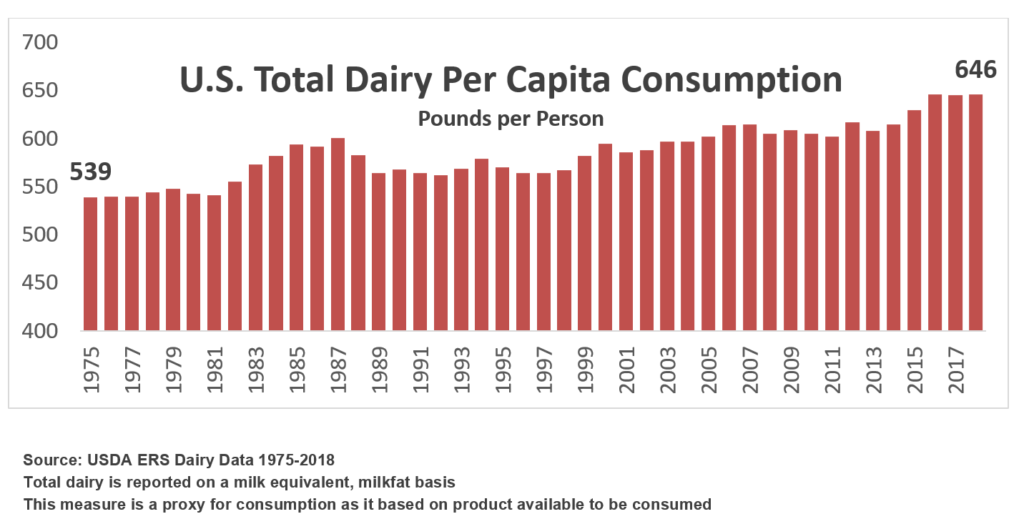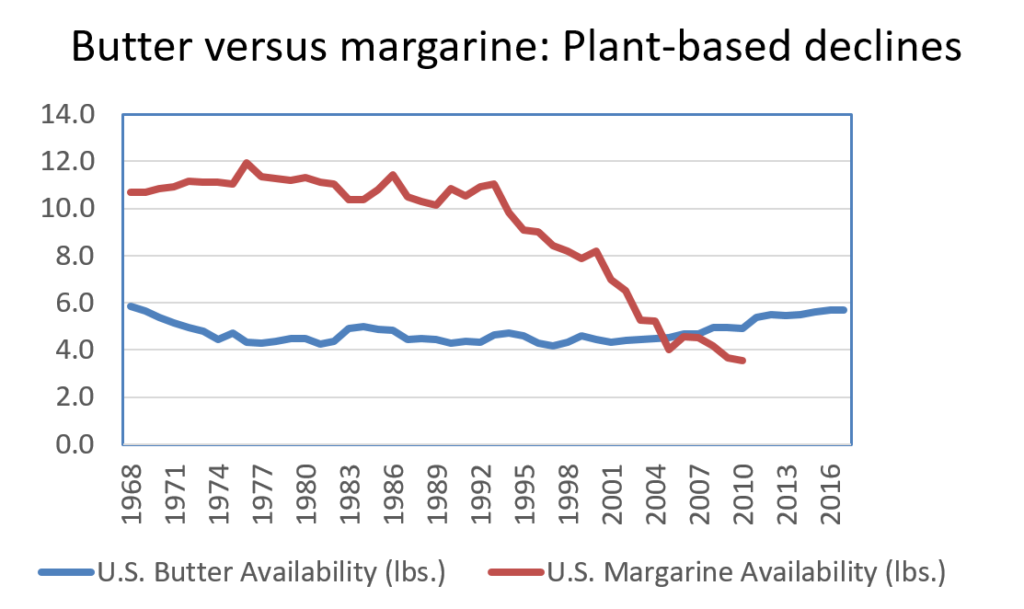ARLINGTON, VA. – The National Milk Producers Federation is urging farmers to take advantage of a one-week extension in the Dairy Margin Coverage program signup deadline to Sept. 27, announced by USDA today.
“Dairy farmers have much to gain by signing up for this program, and another week to take advantage of this benefit can be nothing but helpful for them,” said Jim Mulhern, president and CEO of NMPF. “We urge producers to take advantage of this added opportunity to sign up.”
The USDA said Thursday that more than 21,000 dairy farms have signed up for the new program, the main risk-protection tool for dairy farmers enacted in the 2018 Farm Bill, nearing the level that participated last year in the Margin Protection Program, which DMC replaced. DMC is guaranteed to pay all producers enrolled at the maximum $9.50/cwt. coverage level for every month of production through July, according to USDA data. DMC improvements from the MPP include:
- Affordable higher coverage levels that permit all dairy producers to insure margins up to $9.50/cwt. on their Tier 1 (first five million pounds) production history, a higher level than previous programs.
- A 25 percent premium discount for farmers who lock in coverage for the full five years of the program.
- Affordable $5.00 coverage that lowers premium costs by roughly 88 percent. This creates more meaningful catastrophic-type coverage at a reasonable cost for larger producers without distorting the market signals needed to balance supply with demand.
- An improved feed-cost formula to better reflect the true cost of feeding dairy cows.
NMPF has a resource page on its new website with more information about the DMC.
###
The National Milk Producers Federation (NMPF), based in Arlington, VA, develops and carries out policies that advance dairy producers and the cooperatives they own. NMPF’s member cooperatives produce more than two-thirds of U.S. milk, making NMPF dairy’s voice on Capitol Hill and with government agencies. For more, visit www.nmpf.org.







